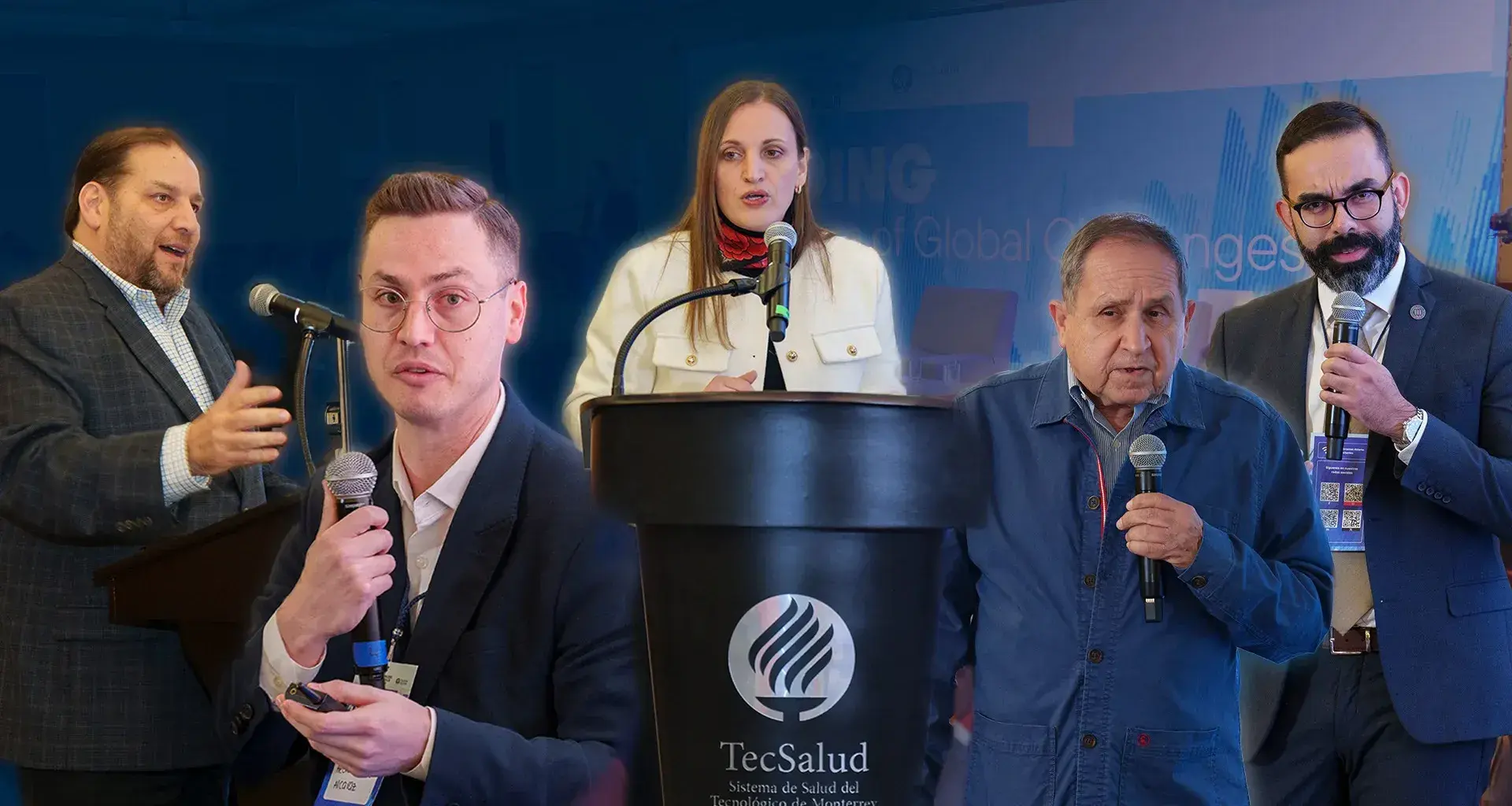In collaboration with the Alliance of Academic Health Centers International, Tec de Monterrey’s School of Medicine and Health Sciences has held the tenth edition of the International Healthcare Leadership Forum (FILS).
The forum aimed to exchange ideas and experiences on transformational leadership, patient-centered education, artificial intelligence and digital health, and added value in healthcare.
“This annual event is a great opportunity to drive discussion on disruptive topics in healthcare education,” said Jorge E. Valdez, Director of Outreach and Internationalization at TecSalud.
“Our country and region need leaders capable of making decisions focused on building a healthier future and developing great talent,” he added.
This space for knowledge exchange, led by international panelists, was aimed at decision-makers in academic medicine, healthcare professionals, and students.
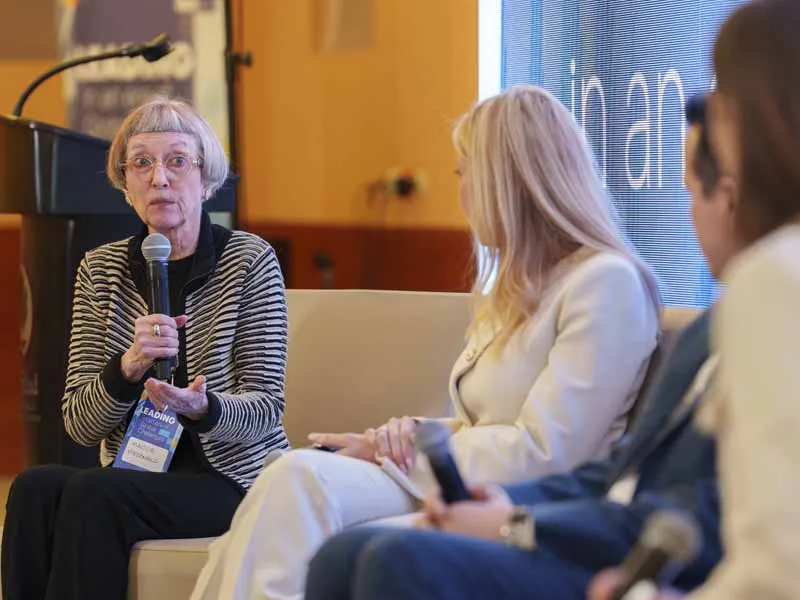
Leadership challenges highlighted
During the forum, former Tec de Monterrey President Salvador Alva shared his thoughts on the evolution of leadership, raising questions about the role of leaders in a constantly transforming world.
Alva pointed out that humans tend to run on autopilot, following habits passed down from generation to generation, so they lack the capacity to adapt.
“We’re not prepared for that fast pace of change, and we have to be aware that in the future, there are only going to be two types of organizations: the fast ones and the dead ones,” he said.
He also spoke about the challenges of modern leadership, highlighting a profound crisis caused by the inability of leaders to operate at the speed demanded by today’s world.
“The leadership we were taught about is useless; we need to be agile and visionary, to create ‘spaces of awareness’ that do not become mere formalities, but catalysts for change,” he said.
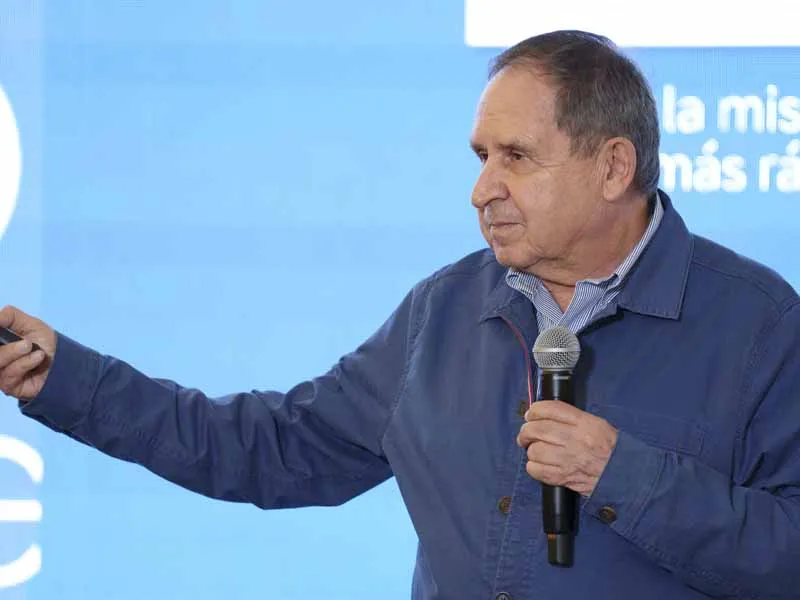
Leadership in the service of others
Salvador Alva also made a call to action, urging current and future leaders to adopt inspirational leadership based on autonomy and trust.
“Great leaders, transformational leaders, do not accept hierarchical leadership; instead, they promote empowering environments to make better decisions and take responsibility,” he said.
The business expert also highlighted that he implemented a collaborative leadership model at the service of others during his 10 years at the helm of the Tec.
“My role was to develop leaders. I told them from day one: I was given this baton, but I’m going to share it with you,” he said.
His message was a reminder of the importance of introspection, collaboration, and vision in a world he described as increasingly fast-paced and complex.
“We need leadership that shapes the future.” - Horacio Arredondo
AI impact on health
Also during the forum, Dr. Michael Fung, the Tec’s Executive Director of the Institute for the Future of Education, shared his vision on the impact of artificial intelligence (AI) on healthcare.
He explained that it has enabled the creation of predictive models to improve diagnostic accuracy and personalized treatments.
“AI-assisted diagnostics are examples of how technology can boost success based on pattern recognition of large volumes of data,” he said.
He also warned that physicians’ roles will change significantly with this technology, so he stressed the importance of developing new skills due to rapid technological evolution.
“The skills of today’s professionals could become obsolete, so it is essential to redefine how we educate future physicians to acquire new skills,” he said.
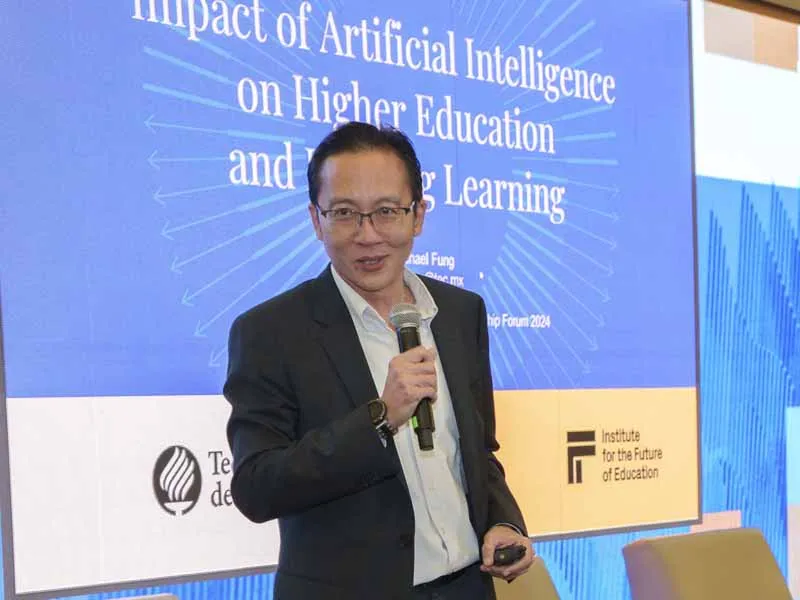
Challenges of the “intelligence age”
Horacio Arredondo, Dean of Tec de Monterrey’s EGADE Business School, said we are undergoing unprecedented transformation.
“We can call it the ‘intelligence age,’ an era driven by advances in artificial intelligence and the skill to process big data in real time,” he said.
Arredondo pointed out that this technological revolution optimizes processes and improves the human condition to solve problems in new ways.
He highlighted that this brings four significant challenges to the healthcare industry:
1. Equity of access to services
2. Increasing patient expectations
3. The shortage of professionals
4. Unsustainable payment models
He says facing these challenges requires unconventional leadership that focuses on organizational purpose, invests in the future, transforms strategies into daily actions, and can shape the future.
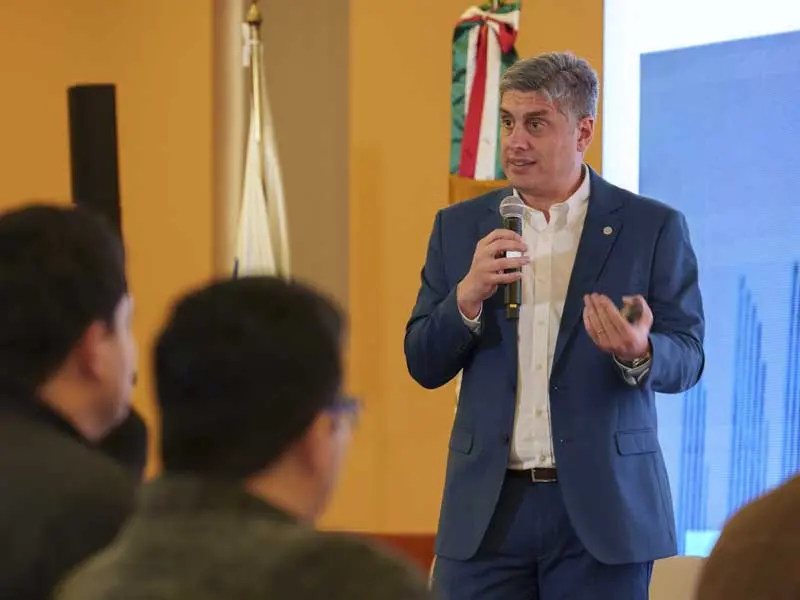
Finally, Victor Gutiérrez Aladro, the Tec’s Vice President of Learning for the Future, highlighted the importance of this forum in the context of accelerated global change.
He added that leadership in health is becoming an essential factor in the world and shared the importance of building a more humane and innovative health system.
“We at the vice presidency have been exploring how education is going to evolve with new technologies and artificial intelligence,” he remarked.
“This change is transforming how students learn, develop skills, and prepare for the future,” he said.
Gutiérrez concluded that this Tec initiative is about facing these changes, promoting lifelong continuous learning, from youth to old age, and adapting to a constantly changing world.
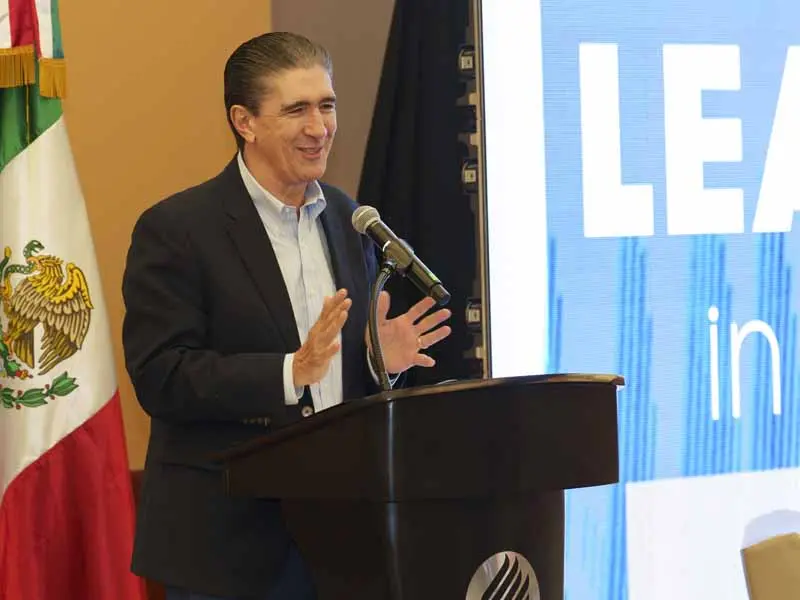
2024 International Healthcare Leadership Forum
FILS was held on December 5 and 6 at the Zambrano Hellion Hospital Auditorium in San Pedro Garza Garcia, Nuevo Leon.
The event was attended by leading international experts in the field of healthcare to discuss current challenges and prospects.
Among the participants were:
- Maggie McDonald, University of Pittsburgh
- Patricia Tempski, Coordinator of the Medical Education Development Center
- Valeria Aoki, University of Sao Paulo, Brazil
- Dr. Elena Fuentes-Afflick, Chief Scientific Officer at the AAMC
- Alma Rosa Marroquín Escamilla, Secretary of Health for the State of Nuevo Leon
- Santiago March Mifsut, FUNSALUD
- Héctor Alcaraz Flores, Founder of Imagene Health
YOU MAY ALSO BE INTERESTED IN:

